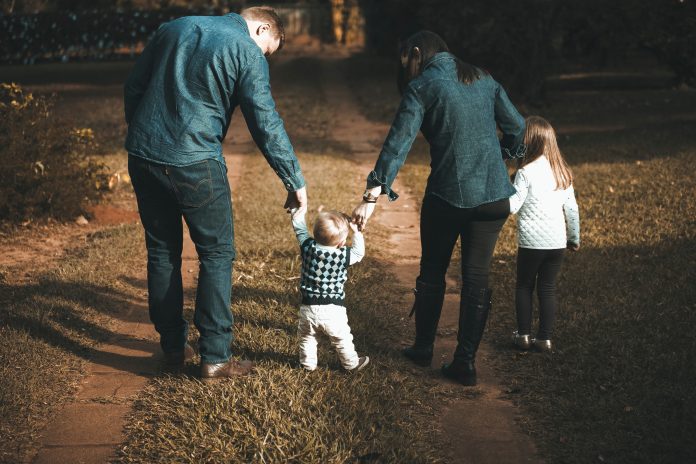
Our early experiences as children can affect the way we feel about ourselves, and how we relate to others as friends, romantic partners or in the workplace. The human infant is programmed to form attachments or bonds. With mature, loving parents, the infant’s needs can be met. The child feels secure, safe, and loved.
Unsatisfactory childhood attachments can wreak havoc, even in adult relationships. The coping skills the child develops to maintain attachments form a template for how we approach all significant relationships.
If a child experienced abandonment as a child, as an adult they may be fearful that friends or partners may abandon them, and then interpret a normal absence to be threatening. If criticized and rejected as a child, the adult may tend to take things too personally, or feel rejected if someone does not meet their expectations.
The early experiences become like a lens through which we see others. She may want to go out with the girls, but he may feel if she really loved me, she would stay home with me. He wants to play golf with the guys, and she may feel the guys are more important to him that she is.
These are old patterns that current situations may trigger. The inner child, or inner vulnerable part truly believes she does not really love me if she goes out, or really believes his friends are more important that she is.
They believe because of how they are feeling about the issue. If they feel rejected, then they blame the partner for rejecting them. If they feel unloved, they blame the partner for not loving them enough.
What is happening in these situations is the hurt one is blaming the other for something that is like an emotional flashback, conscious or not. It reminds me of when my son was around eighteen months. He started making sounds like he was going to throw up. I held him and went into the bathroom to hold him over the sink. Sure enough, he threw up. He then turned to me angry and screaming because he assumed I was the one who caused it! He was projecting his inner distress onto me.
I see this happen in relationships. One person is blamed for all the bad feelings the other is experiencing, when the emotional distress is inside the one who is blaming. The one blaming may have old wounds, insecurities, lack of self-confidence, fear of abandonment, not being loved or not feeling good enough.
This is not to justify intentionally hurtful behaviors. In many cases the one being blamed does love the other the most and does not think friends are more important than the partner.
This is a source of great, often ongoing, conflict. If one says, “I love you,” and the other says, “No you don’t!” the battle is on. It is helpful, if we feel hurt, rejected, or abandoned, to think of other times, particularly as a child, when we felt that way. It is not helpful to blame the trigger, any more than we can blame the doorbell for ringing when we push it. It is for us to understand our triggers and do heal the wounded parts so they can no longer be triggered.
Gwen Randall-Young is an author and award-winning psychologist. For permission to reprint this article, or to obtain books, CDs or MP3s, visit www.gwen.ca. Follow Gwen on Facebook for inspiration.

